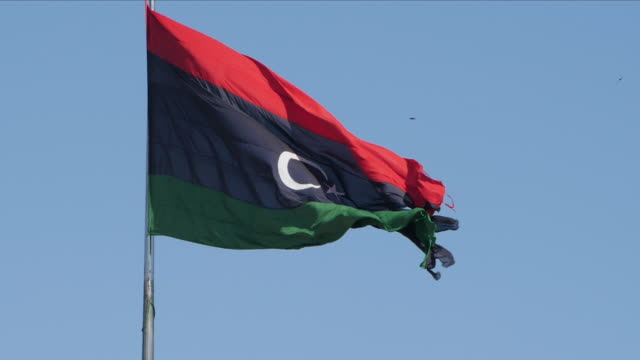Libya is an OPEC member nation in Africa, according to their information on OPEC’s website, “Libya is the 16th largest country in the world in terms of land mass, comprising around 1,760 thousand square kilometres. More than a quarter of the country’s six million plus inhabitants live in its capital city, Tripoli. Arabic is the main language. Apart from petroleum, Libya’s other natural resources are natural gas and gypsum. Its economy depends primarily on the oil sector, which represents about 69 per cent of export earnings. Moreover, the oil and gas sector accounts for about 60 per cent of total GDP.” Unfortunately, Libya is in the middle of civil war, starting in 2011 with the fall of Col. Muammar el-Qaddafi. The fight is between the United Nations-backed government seated in Tripoli and the Libyan National Army based in the eastern portions of the country, and unfortunately that leaves Libya’s National Oil Company sitting in the middle trying to remain a neutral party.
In early January Libyan National Army members seized many of Libya’s oil assets in order to gain control over the economic life blood of the country. According to Forbes, “Earlier this month, forces loyal to the eastern-based Libyan National Army (LNA), which is under the leadership of general Khalifa Haftar, seized Libya’s oil export terminals along the southern shores of the Mediterranean as well as some oil fields and pipelines. The move came after Haftar recently escalated a years-long campaign to capture the capital of Tripoli, which sits in the west of the country and is the seat of the United Nations-backed Government of National Accord (GNA). The NOC and Sanalla have been at pains to act and be seen as a neutral party in the long-running conflict between the GNA and the LNA, since supporting either side could invite retaliatory strikes on oil infrastructure. Oil production has suffered intermittent disruptions, but has recently remained out of the line of fire.”
Due to the recent conflicts Libya’s crude exports have been decimated, falling to below 100,000 barrels per day versus its normal capacity of 1.2 million barrels. “The oil and gas sector is the lifeblood of the Libyan economy … they should not be used as a card for political bargaining,” NOC Chairman Mustafa Sanalla said in a statement. On January 18th Libya’s National Oil Company declared force majeure on its eastern ports due to their inability to export.”
As Libya’s country remains an area of unrest it’s National Oil Company will be left in the middle as a neutral party. The global impact, however, will not remain neutral. There will be a price impact with a shortage in the global marketplace. Although there seems to be a global oversupply, any reduction in production will be jumped upon by other crude exporters looking to increase market share.




